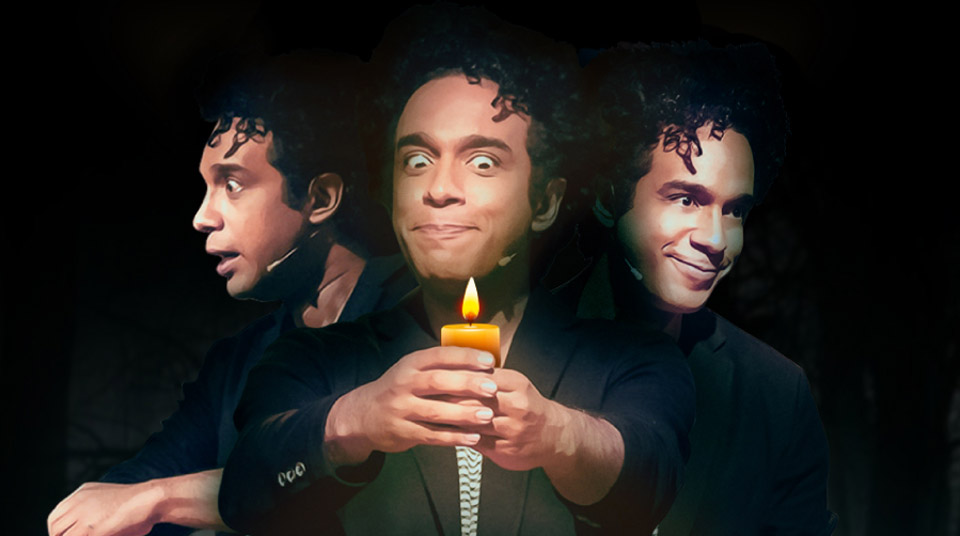Bogota’s new law permitting bars to stay open until 5am sounds like every clubber’s dream, but is it a recipe for disaster?

Critics worry the city’s new extended party hours until 5am on weekends will lead to fights and even an increase in drink-driving.
Photo: Creative Commons
It’s Saturday night, which in Bogota would usually mean starting the night with some shots of guaro at around 9pm, before hitting the bars, and then stumbling home at around 3am. But no more.
Bogota Mayor Gustavo Petro has made what some are calling a desperate snatch at popularity with a new law allowing bars and clubs in certain areas to stay open until 5am.
Coming as it does on the heels of complaints from bar owners and patrons alike at the repeated banning of alcohol during the World Cup, the new law has been called an attempt to win back the favour of business owners who claim they lost extortionate amounts of money thanks to ‘Ley Seca’ during the World Cup celebrations.
| Bar owners are concerned that the extra two hours of drinking time will result in more people arriving drunk at bars and causing problems |
The Bogota Post spoke to Travis Crockett, owner of popular Zona Rosa bar La Villa, who said that in fact most people in the industry are against the new law and that “it was a decision that was almost forced on the industry with very little consultation.”
He said bar owners are concerned that the extra two hours of drinking time will result in more people arriving drunk at bars and causing problems.
Citizens and the media alike have also criticised the new law. Objections raised range from ‘fun-policing’ concerns of how young people will cope with an extra two hours of drinking, to concerns about actual policing and enforcement the law.
As political analyst Josías Fiesco astutely pointed out in El Espectador recently, the police budget was cut this year. And yet Mayor Petro gives assurances that the new law will be safely implemented by increasing the police presence in the approved areas. Those areas include Chapinero, Suba, Kennedy, Zona G, Zona Rosa and Parque 93.
Many are also worried about how the initiative will work in practice, in a city that they know only too well. In theory, the license to stay open late will only be given to bars which comply with a set of rules, including not admitting minors, not selling adulterated alcohol and lowering noise levels to within acceptable limits. The mayor says bars not complying with the rules will be fined and could even have their late-night license revoked.
However, recently, as many as six police officers were disciplined for accepting bribes in Chapinero, by turning a blind eye to ‘amanecederos’, or bars that stay open all night illegally.
| One pressing reason to change the law is the number of illegal ‘amanecederos’ that already exist in the city |
The idea of only authorising bars that comply with requirements to implement the new initiative also raises the question of what the other bars in the area will do. Won’t they just remain the illegal, noisy places they were before? And with less officers of the law available to police them as an added bonus. They’ll all be too busy trying not to fall asleep standing up after 20 hours on the beat.
As for the noise, this is a real concern for a lot of residents in ‘party’ areas — everyone has that friend who lives above/next to a bar and has given up on trying to sleep until 3am on the weekend. Now they’ll be pushing their beauty sleep back til 5am. Buildings in Bogota are often crowded, flimsy and without thick windows, all of which conspire to mean the residents of some streets of the city now declared open til 5am must be fuming at the new initiative.
Another concern, as always in Bogota, is safety. The so-called ‘Ley Zanahoria’, originally prohibiting the selling of alcohol after 1am, and later extended to 3am, has been in force since the 80s. The law was introduced as a way of combatting high levels of crime, a lot of which took place on Friday and Saturday nights between 1am and 6am.

Police patrol in the upscale party neighbourhood of the Zona T, in the north of the city.
Photo: Colombia National Police
The law was such a success that other Latin American countries have since adopted similar laws, but with crime in Bogota now at the lowest levels in 10 years, there have been calls in recent times for change. Critics, however, point to the homicides after some of Colombia’s World Cup matches as proof that the city is not ready to get a later bedtime.
One pressing reason to change the law is the number of illegal ‘amanecederos’ that already exist in the city, seemingly rendering the restrictions pointless. These places pose as ‘members clubs’ to avoid the law, but in practice anyone can get in and the result is often a heady mix of minors, prostitution and adulterated alcohol.
So it appears there is a gem of sense in Petro’s big idea. If people are doing something illegally anyway, with sometimes fatal consequences — like that stampede in a Restrepo nightspot in September 2013 in which six people died — why not put a legal framework in place so they can at least have fun safely?
This argument is especially pertinent in the south of the city, where police tactics in breaking up illegal afterparties are often blamed for escalating violence and causing injury, as in the case of the stampede, where witnesses said police disbursed pepper spray in the closed and crowded space, causing a rush for the exit.
| The law also attempts to change this, in its vision of making Bogota a ‘24 hour city.’ |
Likewise, anyone who has found themselves walking the streets of Bogota in the early hours of the morning will know that peculiar feeling of vulnerability upon being the only person on an otherwise empty street. The law also attempts to change this, in its vision of making Bogota a “24 hour city.” The lack of decent food choices after 10pm suggests this goal is not a bad thing.
Regardless of debate, after the first Friday late-night was deemed a success, the new law is official and the ‘ley zanahoria’ in Bogota (so called because ‘zanahoria’ or carrot denotes a healthy and responsible person) has come to an end after almost 20 years.
Over the next few weeks, the nay-sayers will be keeping a close eye on crime and noise complaint levels.


